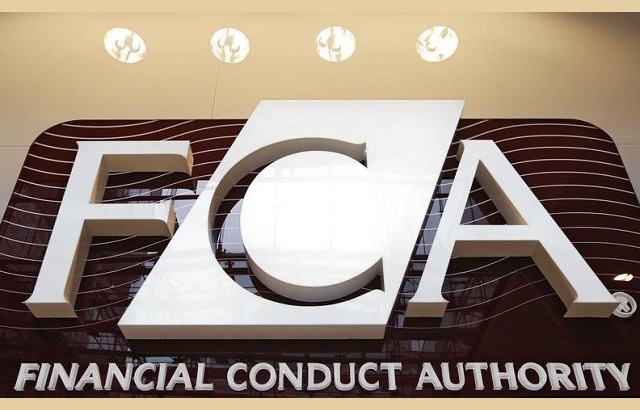“Closet trackers” charge investors active management fees, but hold companies that mirror a benchmark or index.
Writing for The Telegraph over the weekend, Megan Butler, FCA’s executive director of supervision for investment, wholesale and specialist, confirmed asset managers had paid £34m in compensation for not properly disclosing how their funds were investing, while an enforcement investigation is ongoing against one firm.
84 investigated
The regulator reviewed 84 potential closet tracker funds and revealed that 64 of them were required to make it clearer to consumers “how constrained they are”. Those involved will have to ensure their promotional marketing material is clear.
Transparency Task Force founder Andy Agathangelou described the action as “hugely positive news for investors”.
“It is now perfectly clear that the killer combination of courageous campaigning and robust regulation is going to clean up the parts of the asset management sector that need sorting,” Agathangelou said. “Sunlight continues to be the best disinfectant.”
Questions raised
Butler said the FCA announcement raises a number of questions, including which firms were involved and who would be held accountable.
He said that the FCA’s asset management market report in June 2017 estimated that there was £109bn in “partly active” funds charging “fully active” fees.
“Some observers inferred that this all related to closet trackers,” she said. “This isn’t quite correct. This figure referred to the amount invested in partly active funds that were significantly more expensive than traditional passive funds.
Butler distinguished between closet trackers and “closet constrained” funds, which make active decisions, but are very constrained to a benchmark.
“In both cases, the way the fund is managed isn’t clear, so consumers aren’t getting what they expected,” Butler said.
Butler said unlike other products it is much harder for consumers to know whether their funds are doing what they said they would.
“That is why clear promotional material for investment funds is a priority for us. When we’re aware that firms haven’t been clear, we have a range of powers that allow us to intervene to protect consumers.”
Butler said many “constrained funds” may be adequately disclosing how they are investing people’s money, but are expensive compared with similar products. She said that reinforced the central finding in our study: that price competition in asset management is weak in a number of areas.
Butler said consumers should be aware how expensive their funds are, its risks and rewards, in order to understand whether a fund is right for them and offers overall value.
“We want consumers to have confidence that, when they buy a fund, they know it will do what it says on the tin,” she concluded.








